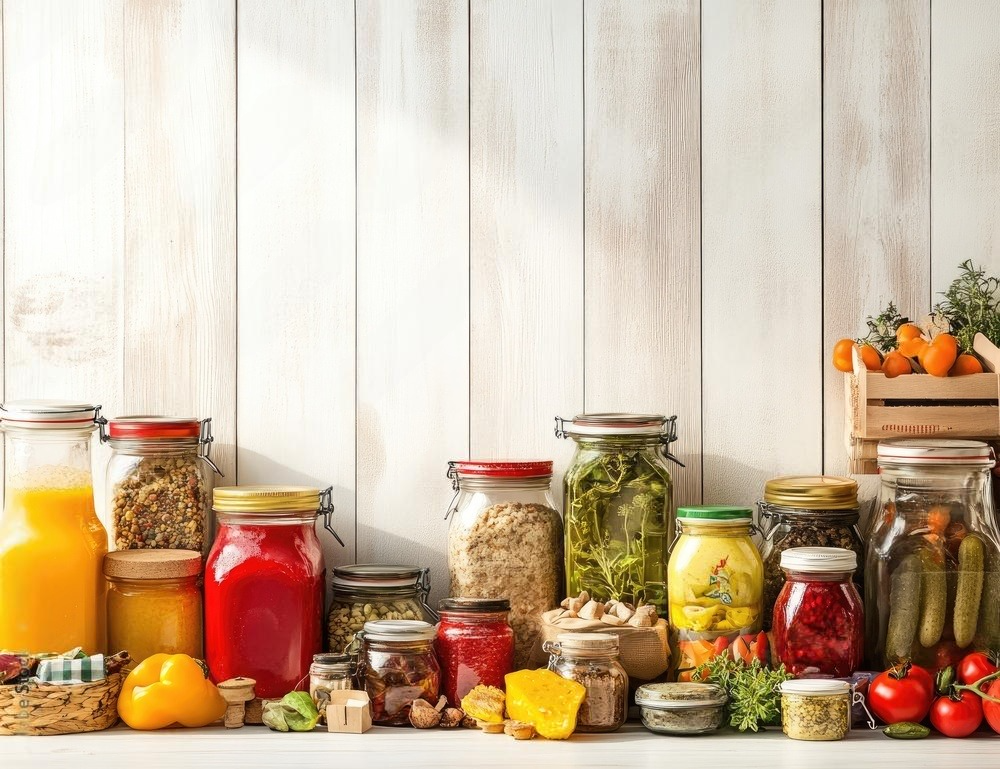Why do we use refrigeration?
These days, refrigeration is a necessity. From the hotels of Hollywood to the dives of Doncaster, the refrigerator is king of the kitchen. Standing proud, back to the wall, it towers above the worktops and dwarfs the other appliances. Between it and the freezer, they provide a safe, sanitary, but more importantly, cool space to store food. Today, this is basic. This is one of the most fundamental functions of the modern kitchen. For most of us, it would be difficult to imagine life without them, but it wasn’t always this way.
Of course, without refrigerators, foods like meat, fish and cheese, even fruit and vegetables given long enough, would spoil in warm climates. This has always been the case, but modern refrigeration and the modern refrigerator are 20th century appliances. So…
What did people do before refrigerators?
Well, refrigeration, in the broader sense of creating a cool environment within a warmer one, has been around for thousands of years. The Hebrews, the Greeks and the Romans all insulated snow in large quantities in which they could preserve foods or cool a drink. Fast forward to the mid-19th century, and you find the first mechanical ‘refrigerators’, where ammonia would act as the cooling agent. However you look at it, man has always insisted on pushing the boundaries of what is achievable and what is not.
Life without refrigeration
But once upon a time, and for vast populations of mankind, refrigeration would have been simply impossible. Man responded with the development of different preservation tactics, techniques and ideas. The seasons would dictate what was on offer and when. When it was freezing, of course, man could preserve his foods for as long as ice remained. When it was warm, it was not so simple. For the more delicate and impatient of foods, for instance butter and milk, a place in cellars or a spot on outdoor window-sills was often the call of duty. The craftier among us sometimes even sought riverbeds where the water ran cool in the summer. But even still, spoilage ran amok and ‘summer complaint’ was a common cause of death when the weather improved.
Traditional preservation methods
The staple of almost all human diets has always been meat and meat didn’t keep well under water. History’s main methods of meat preservation still hold firm today. Techniques like salting and spicing date back thousands of years. The method of smoking foods began with fish and is still common practice today. Pickling would have given the longevity to foods that otherwise wouldn’t last, i.e. onions, eggs and anything that wanted preserving. Fruits and vegetables, being seasonal pickings, would have only been available seasonally. Fruits were therefore dried with heat from a fire and jam was made using sugar as a preservation tactic. These tried-and-tested methods kept untold numbers of people alive through the ages but, evidently, refrigeration has revolutionised the way we eat and the way we store food.
Ultimately, man sought to conquer temperature, but his innovation would hold him in good stead in the meantime.
